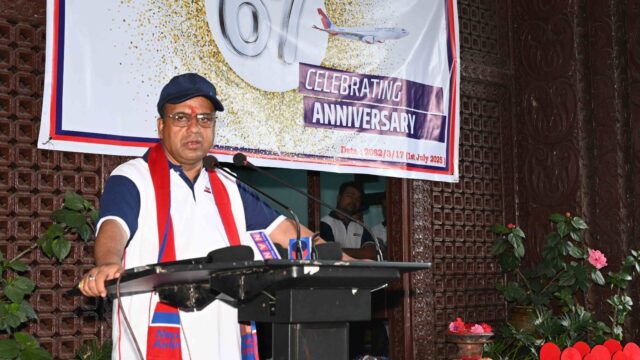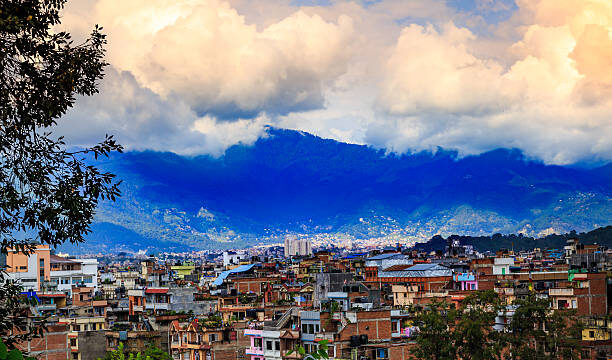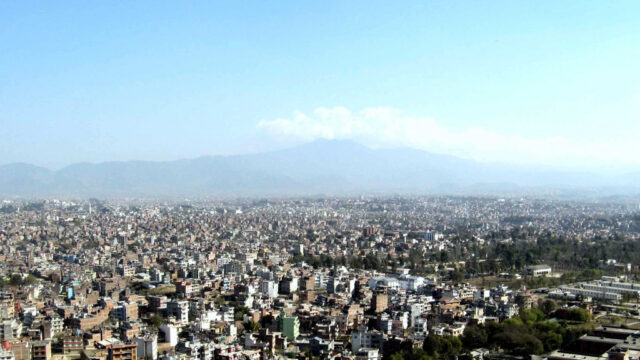After a decision to keep businesses in Thamel operational 24 hours a day starting from April 13, expectations of an economic boom in Kathmandu’s tourist hub remain largely unmet, according to local reports.
Despite hopes of enhanced economic activities and increased tourism, many businesses outside the realm of nightclubs and entertainment venues have failed to see significant growth. Mukunda Pokhrel, a keen observer of Thamel’s restaurant scene, noted that while nightclubs, massage centers, and similar establishments have thrived under the new policy, other businesses have struggled to attract customers beyond their usual daytime hours.
“Foreign visitors, who are seasonal, primarily patronize nightspots, while local Nepalis’ lifestyle doesn’t incline towards nighttime activities due to daytime commitments,” remarked Pokhrel, reflecting on the limited impact on non-entertainment businesses.
Concerns have also arisen regarding the influx of beggars at night, troubling tourists and impacting the area’s appeal. Despite police efforts to address these issues, reports of incidents involving tourists being harassed or even robbed have surfaced, adding to the challenges faced by businesses operating around the clock.
Chandraprabhat Rai, another prominent businessman in Thamel, echoed Pokhrel’s sentiments, expressing disappointment in the overall economic benefits achieved thus far. “Apart from nightclubs, there hasn’t been a notable increase in commercial activities. The environment for casual browsing or shopping hasn’t improved,” Rai stated, highlighting the absence of a shift-based working system among Nepali businesses as a contributing factor.
Rai emphasized the need for standardized pricing across all shops to effectively support continuous operations throughout the night. He described how his shop, like many others, still adheres to traditional opening hours despite the policy change.
The President of Thamel Tourism Development Council, Bhavishwar Sharma, acknowledged the slow progress towards full 24-hour operation, noting incremental extensions in opening hours for some businesses. “While there hasn’t been a drastic change in overall business volumes, we are gradually moving towards extending operational hours until 2 AM within the coming year,” Sharma commented, outlining future plans to foster a more vibrant nighttime economy.
With approximately 10,500 businesses and 60,000 employees in Thamel, stakeholders continue to navigate the challenges and opportunities presented by the round-the-clock policy, striving to strike a balance between economic growth and community concerns.
As Thamel adapts to these changes, the journey towards realizing its full economic potential remains a work in progress, with stakeholders cautiously optimistic about the area’s future as a thriving tourist destination round the clock.






